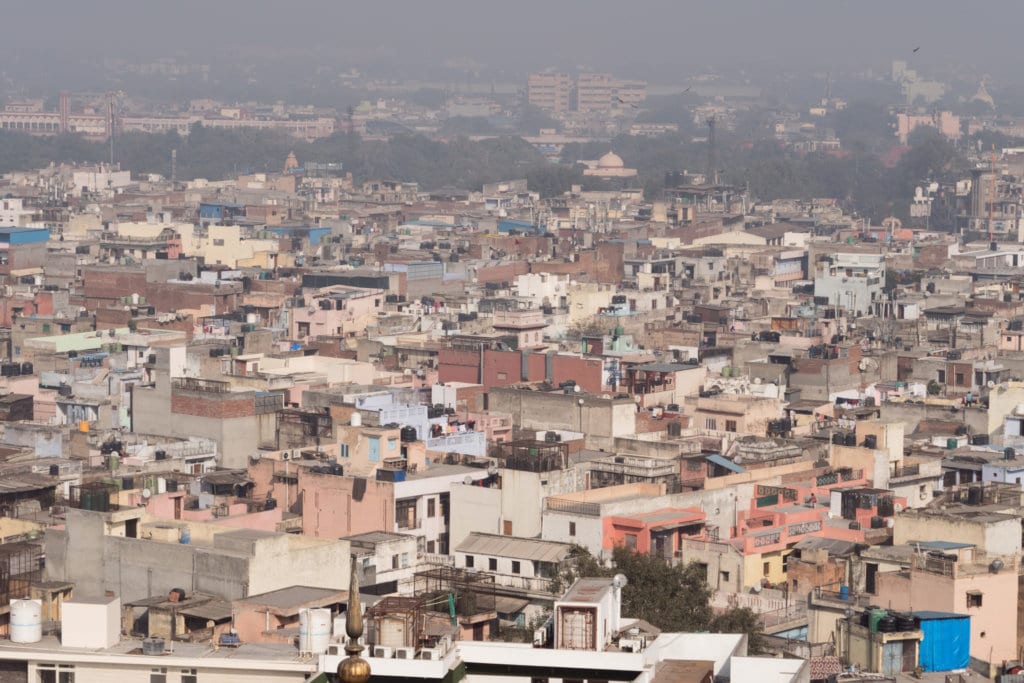Air pollution in India shortens the lifespan of an Indian by about 1.5 years on an average, according to a study conducted by a team of environmental engineers and public health researchers. Better air quality may increase lifespans of people around the world, the study conducted by researchers from the University of Texas, Austin, in the United States, said.
The study, which involved examination of data on air pollution and lifespan in order to gauge the impact of air pollution on global life expectancy, found that ambient air pollution can reduce it by more than a year.
The team of researchers, led by Joshua Apte, an assistant professor in Cockrell School’s Department of Civil, Architectural and Environmental Engineering, looked at outdoor air pollution from PM2.5, which is the particulate matter smaller than 2.5 microns.
PM2.5 can enter deep into the lungs and cause increased risk of heart attacks, strokes, respiratory diseases and cancer. The main sources of PM2.5 pollutants are power plants, motor vehicles, airplanes, wood burning, and agricultural and industrial emissions.
Researchers used data from the Global Burden of Disease Study 2016 to measure PM2.5 air pollution exposure and its consequences in 185 countries around the world.
They found that the life expectancy impact of ambient or outdoor PM2.5 is especially large in polluted countries, such as Bangladesh (1.87 years), Egypt (1.85 years), Pakistan (1.56 years), India (1.53 years), Saudi Arabia (1.48 years), Nigeria (1.28 years), and China (1.25 years).
“The fact that fine particle air pollution is a major global killer is already well known,” Apte, who is also an assistant professor in Dell Medical School’s Department of Population Health, said in a statement about the study, which was published in the journal, Environmental Science & Technology Letters on Aug. 22.
“And we all care about how long we live. Here, we were able to systematically identify how air pollution also substantially shortens lives around the world. What we found is that air pollution has a very large effect on survival – on average about a year globally,” he added.
The study further suggested that if PM2.5 concentrations worldwide were limited to the World Health Organization (WHO) air quality guideline concentration of 10 microgram per cubic meter, global life expectancy would be on average 0.59 year longer.
The benefit of reaching this stringent target would be especially large in countries like Egypt, India, Pakistan, Bangladesh, China, and Nigeria, where people are suffering due to severe pollution, the statement said. If these countries restrict the PM2.5 concentration within the limits of the WHO guidelines, its residents may get approximately 0.8-1.4 years of additional lifespan.
This benefit is considerably larger than the benefit in survival that may emerge upon finding the cures for both lung and breast cancer combined.
“In countries like India and China, the benefit for elderly people of improving air quality would be especially large. For much of Asia, if air pollution were removed as a risk for death, 60-year-olds would have a 15 percent to 20 percent higher chance of living to age 85 or older,” Apte said.
